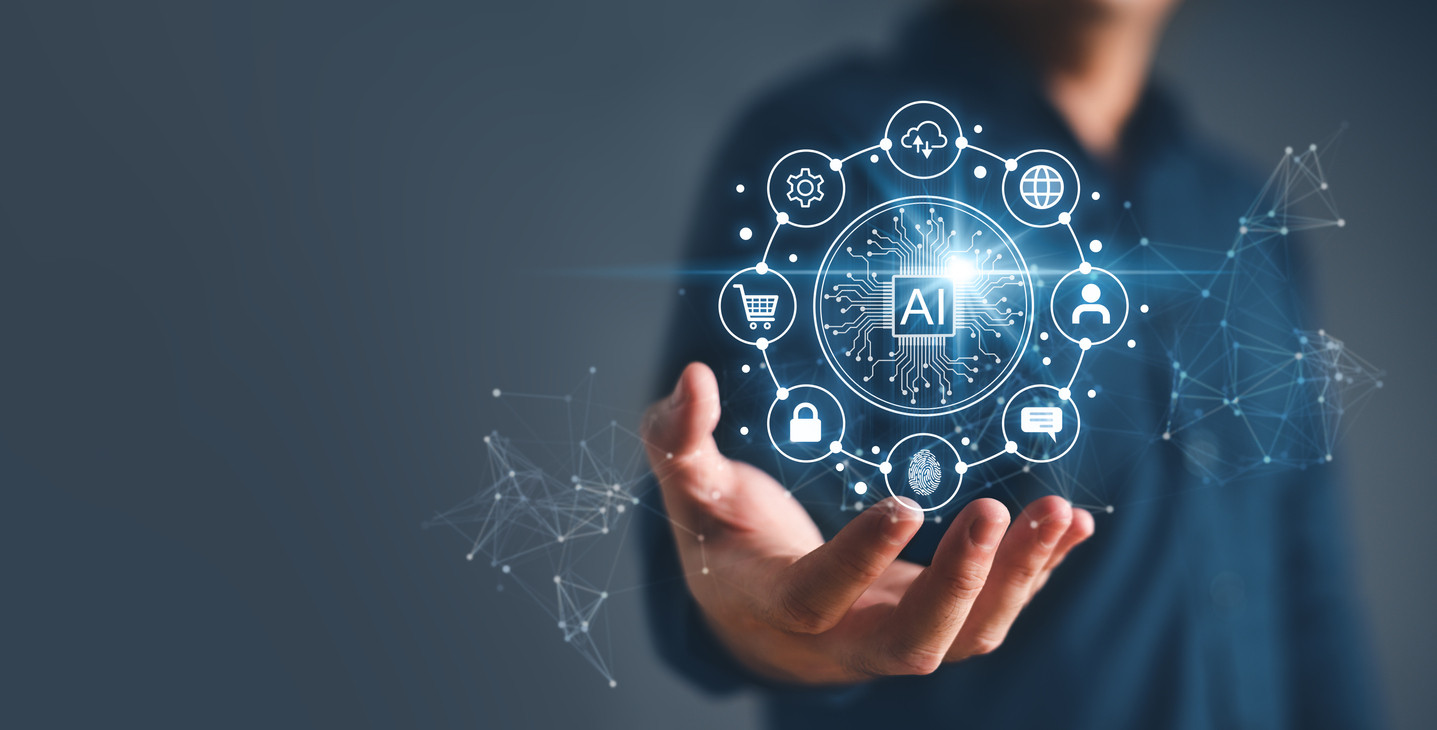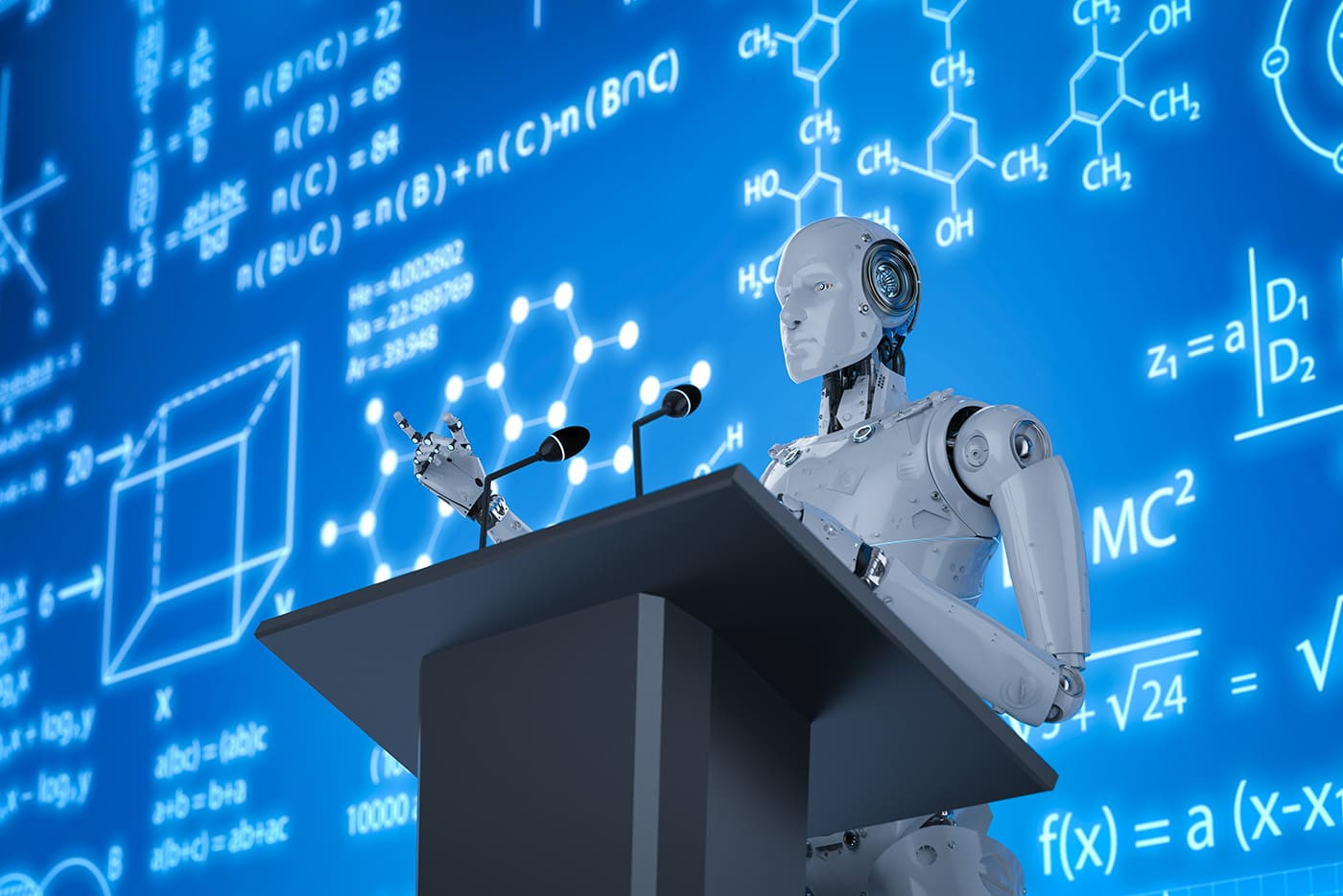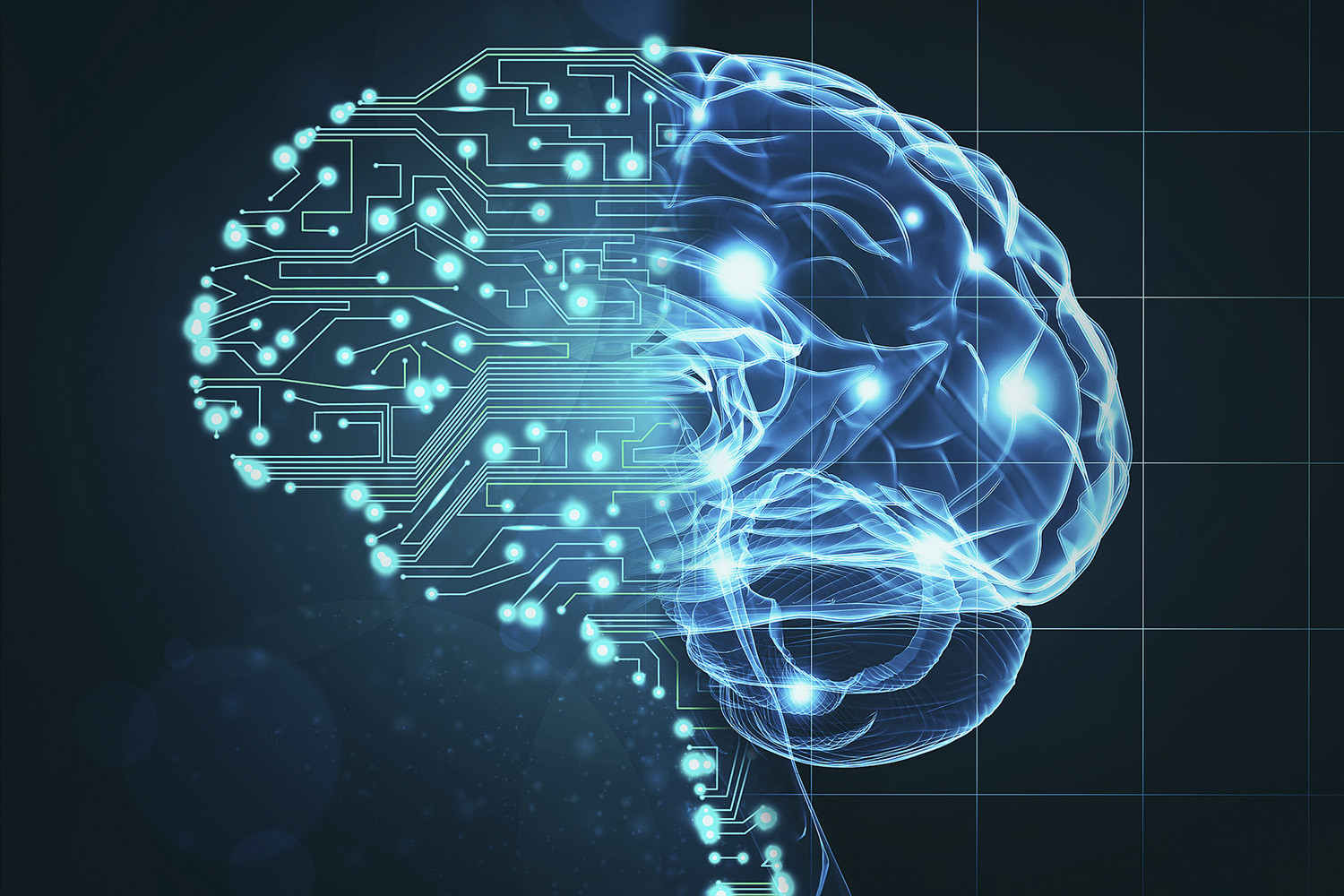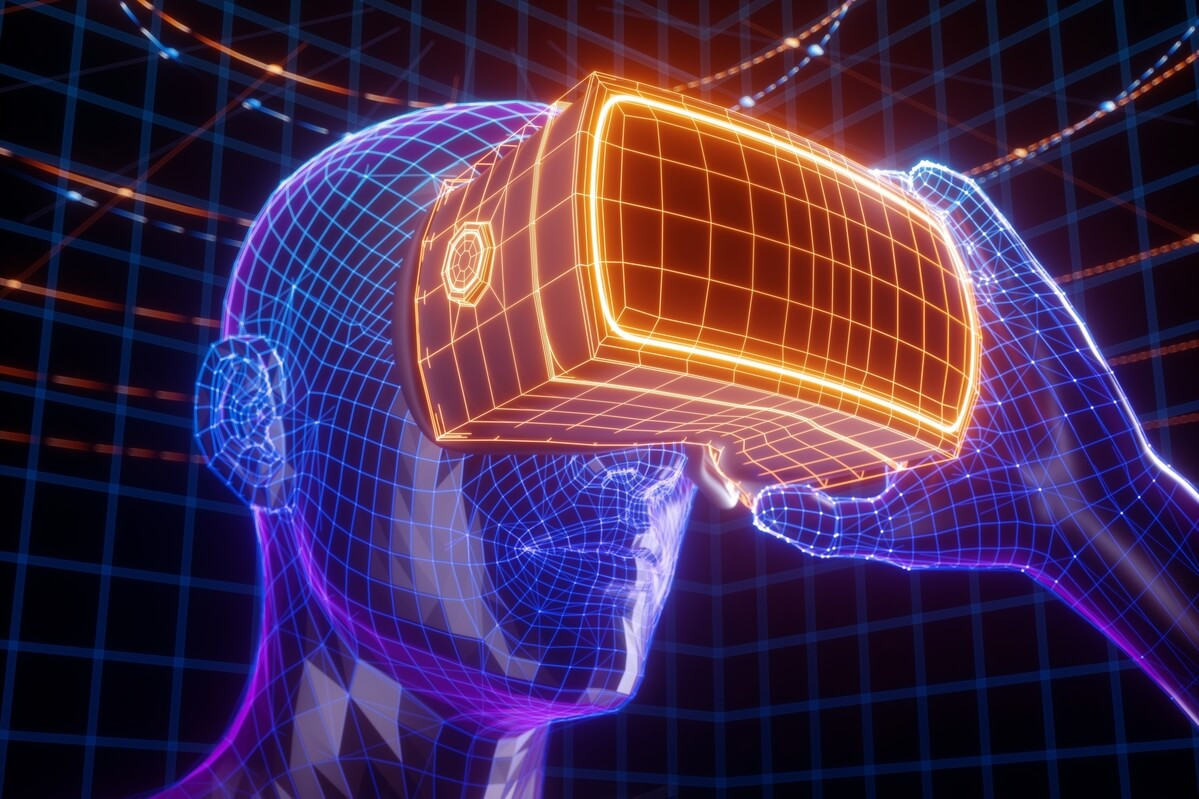The Unstoppable Rise of AI: From Classrooms to C-Suites
The world is rapidly changing, driven by a technological revolution powered by artificial intelligence (AI). AI is no longer just a buzzword; it's shaping our lives in profound ways. From personalized learning experiences in classrooms to groundbreaking discoveries in healthcare, AI's impact is undeniable.
AI in Education: A Personalized Learning Revolution
The education sector is embracing AI with open arms. AI-powered tools are revolutionizing how students learn and how teachers teach. One of the most significant contributions of AI is personalized learning. AI algorithms can analyze students' learning patterns, strengths, and weaknesses to create customized learning paths. This personalized approach ensures that every student receives the support they need to succeed, regardless of their learning style or pace.
AI-Powered Educational Tools: A Glimpse into the Future
AI-powered tools are becoming increasingly sophisticated. Here are a few examples:
- Adaptive Learning Platforms: These platforms adjust the difficulty of lessons based on students' real-time performance. They provide immediate feedback and identify areas where students need extra help.
- Automated Grading and Feedback: AI can grade multiple-choice questions, essays, and even code. This frees up teachers' time to focus on more personalized instruction and student support.
- Virtual Tutors: AI-powered virtual tutors can provide instant support to students, answering questions and providing guidance on difficult concepts.
AI in Healthcare: A Game Changer for Diagnosis and Treatment
The healthcare industry is leveraging AI to improve patient care and outcomes. AI is playing a vital role in:
- Disease Diagnosis: AI algorithms can analyze medical images like X-rays, CT scans, and MRIs to detect abnormalities and assist doctors in making accurate diagnoses. These algorithms can identify patterns that may be missed by the human eye.
- Drug Discovery and Development: AI is accelerating the process of drug discovery and development by analyzing vast datasets to identify potential drug candidates and optimize their efficacy.
- Personalized Treatment Plans: AI can analyze a patient's medical history, genetic information, and lifestyle factors to recommend personalized treatment plans that are most likely to be effective.
The Power of AI in Healthcare: Real-World Examples
The impact of AI in healthcare is already being felt in real-world scenarios. For instance, AI-powered systems are helping to:
- Predict Patient Readmissions: By analyzing patient data, AI can identify patients at high risk of readmission, allowing hospitals to intervene early and prevent unnecessary hospital stays.
- Improve Cancer Detection: AI algorithms are being used to detect cancer in its early stages, leading to earlier diagnosis and improved treatment outcomes.
- Optimize Surgical Procedures: AI-powered robots assist surgeons in performing complex surgeries with greater precision, reducing complications and improving patient recovery times.
AI Beyond the Classroom and Clinic: Transforming Industries
The influence of AI extends far beyond education and healthcare. It is transforming various industries, including:
- Finance: AI is used for fraud detection, risk assessment, and automated trading.
- Manufacturing: AI is optimizing production processes, automating tasks, and improving quality control.
- Retail: AI is powering personalized recommendations, chatbots for customer service, and inventory management systems.
Ethical Considerations and Challenges
Despite the immense potential of AI, it's essential to consider the ethical implications and challenges associated with its widespread adoption. Some of the key concerns include:
- Bias in AI Systems: AI systems can perpetuate existing biases in data, leading to unfair or discriminatory outcomes.
- Job Displacement: As AI automates tasks, it could lead to job losses in certain sectors.
- Data Privacy and Security: AI systems rely on vast amounts of data, raising concerns about data privacy and security.
The Future of AI: A World of Possibilities
The future of AI is bright, with immense potential to solve complex problems and improve our lives in countless ways. AI is poised to play a transformative role in fields like:
- Climate Change: AI can be used to monitor environmental changes, predict natural disasters, and develop sustainable solutions.
- Space Exploration: AI will be crucial for navigating spacecraft, analyzing data, and making decisions in extreme environments.
- Scientific Research: AI can analyze massive datasets to accelerate scientific discoveries and break new ground in fields like medicine and materials science.
Conclusion: Embracing the AI Revolution
AI is no longer a futuristic concept; it's shaping our present and future. By understanding the potential and challenges of AI, we can harness its power to create a more equitable, sustainable, and prosperous world. As we navigate this exciting technological era, it's vital to embrace innovation while ensuring that AI is developed and deployed responsibly.
The rise of AI is a defining moment in human history. It's a testament to our ingenuity and our relentless pursuit of progress. The future is filled with possibilities, and AI is the key that will unlock them.


















